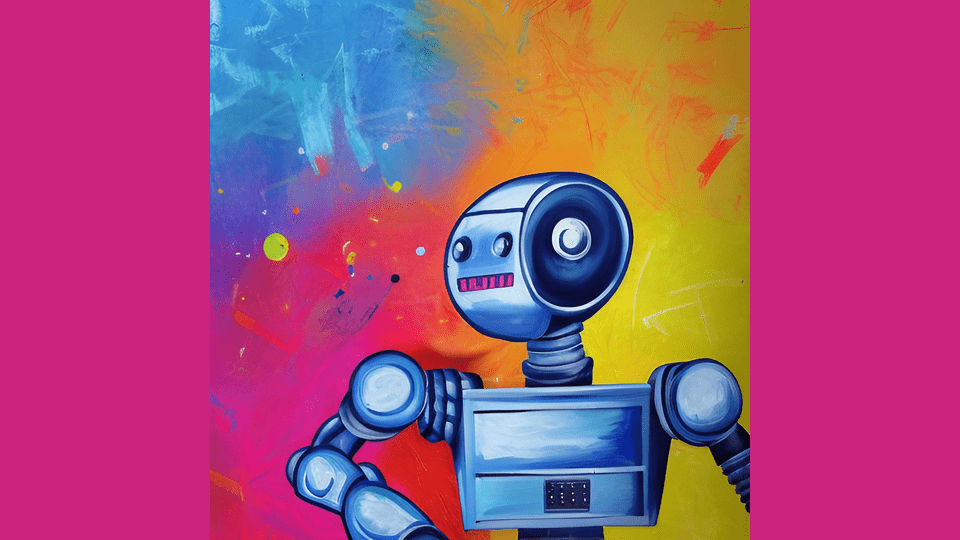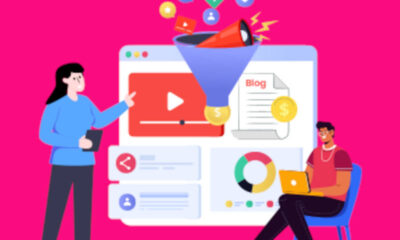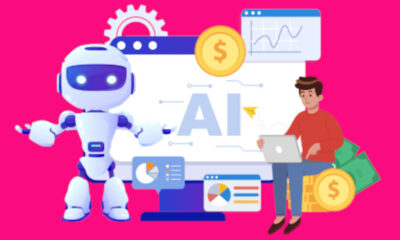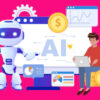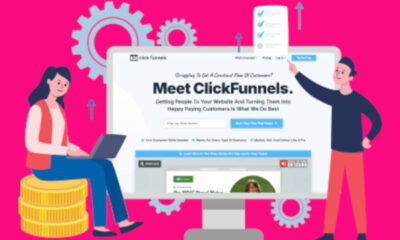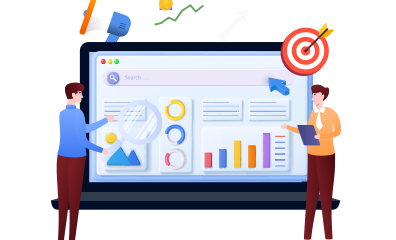Free
Discover the Future of AI: Expectations vs. Reality
Is the future of AI promising or problematic? This is the burning question as AI continues to advance rapidly. Artificial intelligence is evolving at an incredible pace. Get expert insights into what lies ahead for AI and how it will impact our lives.
On the one hand, AI is already proving helpful in numerous ways. Website chatbots are becoming increasingly skilled at resolving customer concerns. Tools like Jasper are revolutionizing content creation, enabling marketers and writers to produce unique copy at lightning speed. And innovations like Surfer are using natural language processing to optimize content. What’s more, tools like Jasper and Surfer now integrate with each other to maximize benefits for users.
But on the other hand, concerns about AI are mounting. Will humans eventually be replaced as AI becomes more advanced and jobs are automated? Are there ethical and legal gray areas due to AI being trained on existing models? And how do we address AI bias?
Will AI in the future enhance our lives or cause havoc? Here are our predictions.
Looking Forward: The Near Future of AI
The possibilities for AI advancements in the upcoming months and years are endless. Meghan Keaney Anderson, VP of Marketing at Jasper, explains why:
“AI is not a single entity. It encompasses language learning models and applications that work together to deliver the right outputs. Both will witness advancements in the next few years. This includes improvements in computing power, efficiency, and our own understanding of AI.”
With this in mind, what specific progress can we expect across the wide spectrum of AI? We spoke to Valentine Shkulov, Staff Data Scientist at Meson Capital, who made the following predictions:
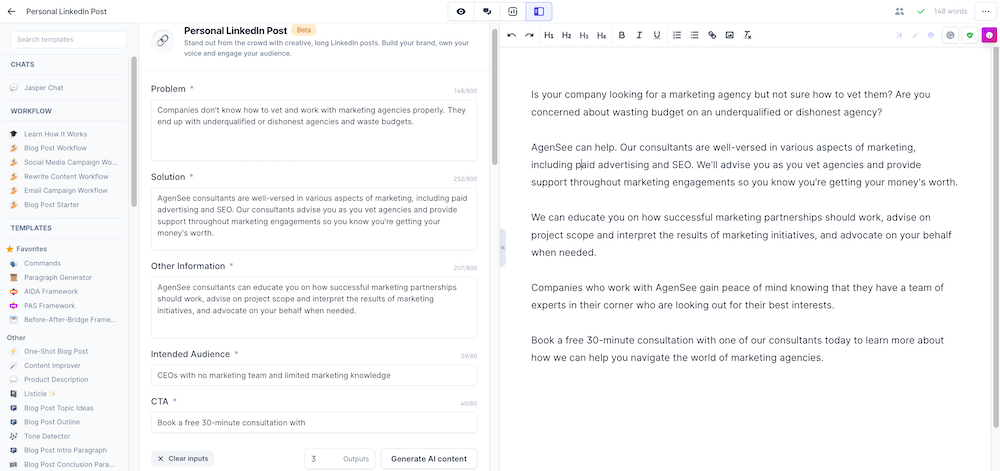
Increased adoption of voice and virtual assistants in everyday life and business contexts.
Further development of machine learning algorithms, leading to better accuracy and speed in tasks like image and speech recognition.
Greater integration of AI in healthcare, including diagnostic purposes and personalized treatment recommendations.
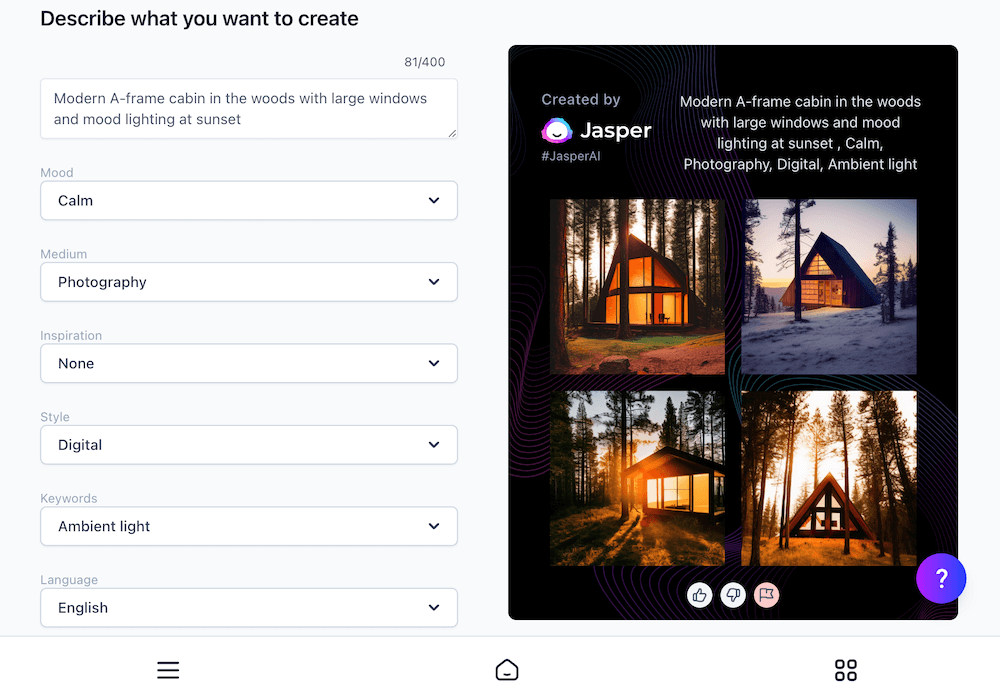
And there’s more to come, according to Valentine:
The emergence of AI-powered personal shopping assistants, providing personalized recommendations and assistance with online shopping.
Increased usage of AI in the financial industry, including the development of personalized investment portfolios and fraud detection systems.
Increased implementation of AI in agriculture, such as precision farming techniques and AI-enabled crop monitoring and prediction.
AI-powered personal education assistants, offering personalized learning plans and support for online education.
Meghan adds, “We could see AI improve its factual query responses in the future. The training materials will hopefully expand and diversify to enhance outputs.”
Interestingly, many of these AI applications are already being explored. This begs the question: How soon will we see these changes become a reality?
Meghan believes, “It won’t take three, five, or 10 years. It will happen in six months, one year, and two years. This is a fast-moving field.”
But will these advancements happen too quickly for our own good? Will job automation result in widespread unemployment?
Fear not, as Meghan straightens it out, “Despite all these advancements, AI will remain most effective as an assistant to humans, not a replacement.” There are multiple reasons for this.
Consider an AI writing assistant like Jasper. As Meghan puts it:
“It accelerates the writing process, but content strategy involves much more than just putting words on a page. AI still needs human input for original research, lived experience, good judgment, bias awareness, and so much more. Just as digital cameras require the eye of a photographer, generative AI relies on the mind of a marketer.”
Introducing AI Image Generators: Creating Eye-Catching Visuals Made Easy!
Forget the notion that only professional artists can create stunning visuals. With AI image generators like Jasper Art, anyone can explore their creative side and produce captivating imagery. But don’t worry, human input and creativity are still indispensable in the process, from providing the prompt to adjusting the image settings.
Now, let’s talk about the broader scope of AI. As we continue to challenge artificial intelligence with complex tasks and decision-making processes, its sophistication will undoubtedly increase. We can expect significant progress in the near future.
However, it won’t be an easy feat to develop AI that can rival human capabilities. It will take years of effort to bring artificial intelligence closer to a level where it comprehends nuanced considerations, weighs multiple data points, and consistently makes informed decisions.
There are also additional hurdles to overcome in advancing AI technology:
1. Enhancing the quality of AI outputs by diversifying data sets used for training.
2. Finding ways to overcome computational limits for improved efficiency.
3. Waiting for feedback loops to mature and be effectively utilized.
We spoke to Rajesh Namase, Co-Founder of TechRT, who also acknowledges these challenges. He highlights other issues such as the cost and availability of resources needed for innovation, potential resistance from regulatory bodies, and public opinion on potentially groundbreaking advances.
So, where does all of this leave us? Well, rapid progress lies ahead, but it won’t be without its share of formidable challenges. Even if we were able to address all these challenges in the next five or ten years, humans would still hold an irreplaceable role.
Considering this, what does the future of AI hold for us? We have a few exciting ideas to explore.
The Impact of AI Advancements on Work and Life
As AI becomes more efficient and versatile, its effects will be felt in both our professional and personal lives. Beyond the familiar voice assistants and self-driving cars, what other significant changes can we anticipate?
1. Shifts in the Job Market
While the job market may experience some changes, they may not be as extreme as some predict. Meghan, an expert, suggests that companies may adjust their workforce needs due to AI. New job opportunities may emerge and gain significance, while others may experience slower growth or decline in numbers. Technological breakthroughs have historically led to increased productivity and the creation of new industries and job categories. We’ve seen this with the rise of the internet, which brought forth web developers, website designers, and SEO professionals. So, it’s reasonable to expect a similar outcome with the rise of artificial intelligence.
2. Enhanced Personalization Capabilities
In the business realm, AI is expected to offer more personalized experiences unique to individual brands or people. Imagine generative AI tools that can create content not just in a human voice, but specifically in your voice. Jasper, for instance, allows you to instruct the AI to emulate your voice, opening up exciting possibilities. However, widespread availability of personalization features in AI content creation tools is still a work in progress.
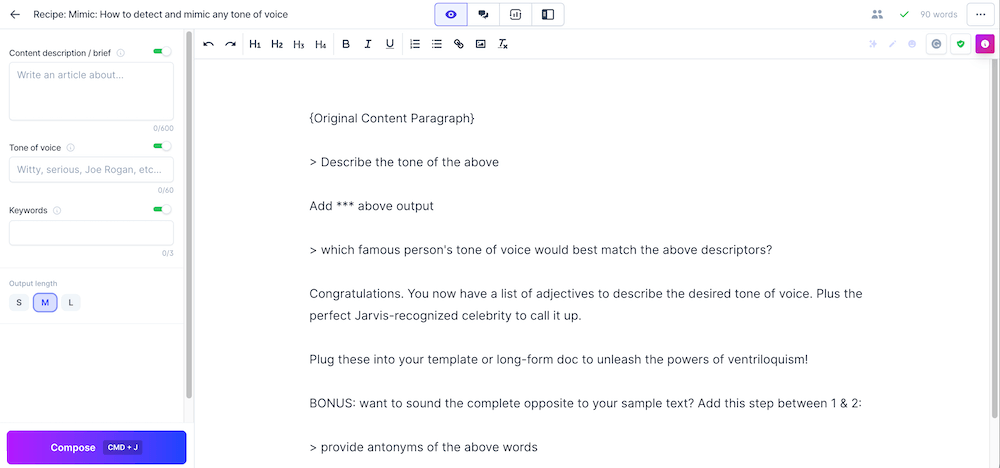
Nathan Gotch, an AI enthusiast and founder of Gotch SEO, shares a similar perspective. He expects consumers to enjoy enhanced personalization and customization of products and services as AI learns and adapts more quickly, continually improving its performance.
3. Consequences of AI Resistance
While we’ve explored the benefits of AI, what about companies that choose not to embrace artificial intelligence? According to Nathan, they may face significant challenges, including competitive disadvantages, difficulty attracting top talent, and an inability to keep up with industry trends and changes. As AI becomes more widely adopted and its capabilities improve, the disadvantages of not leveraging this technology may have severe consequences for companies, making it harder for them to remain relevant and successful.
But rest assured, the benefits of a future with AI will outweigh the drawbacks.
Putting It All in Perspective
Artificial intelligence is advancing rapidly, with new use cases emerging across various industries. When considering the future potential of AI, it’s essential to think about both the exciting possibilities and the challenges that lie ahead. With the right approach and collective effort, we can harness the power of AI to transform our lives and work for the better.


